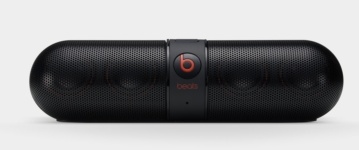By Greg Mills
The patent war against Android has taken an interesting turn. Motorola Mobility has declined in market cap valuation to the point Google snapped it up in an acquisition described by both sides as amicable. According to the “Wall Street Journal,” the oldest of the handset companies, with a deep patent portfolio, sold for US$12.5 billion. Google intends to allow Motorola to continue business but with the Motorola patents in house, Google hopes to hold off Apple.
Theoretically, patents issued don’t overlap as only one patent for a certain technology is to be allowed. The patent trade off scenario is the hope for Android in this. Motorola would offer to cross license its patents with Apple to provide technology Apple needs but Apple would also allow Motorola and Android to use Apple patents. This may or may not work out as hoped as Apple plays hard ball. (See http://online.wsj.com/article/SB10001424053111903392904576509953821437960.html . )
Since posting the first two paragraphs on this story, Larry Page CEO of Google has commented on the Motorola/Google deal. (See http://googleblog.blogspot.com/2011/08/supercharging-android-google-to-acquire.html .)
Notice in the last paragraph of Page’s Blog, the Nortel patent auction was an anti-competitive patent attack on Android while Google’s purchase of Motorola was described as “increasing competition”. The following is exactly what Page said in his blog:
We recently explained how companies including Microsoft and Apple are banding together in anti-competitive patent attacks on Android. The U.S. Department of Justice had to intervene in the results of one recent patent auction to “protect competition and innovation in the open source software community” and it is currently looking into the results of the Nortel auction. Our acquisition of Motorola will increase competition by strengthening Google’s patent portfolio, which will enable us to better protect Android from anti-competitive threats from Microsoft, Apple and other companies.





